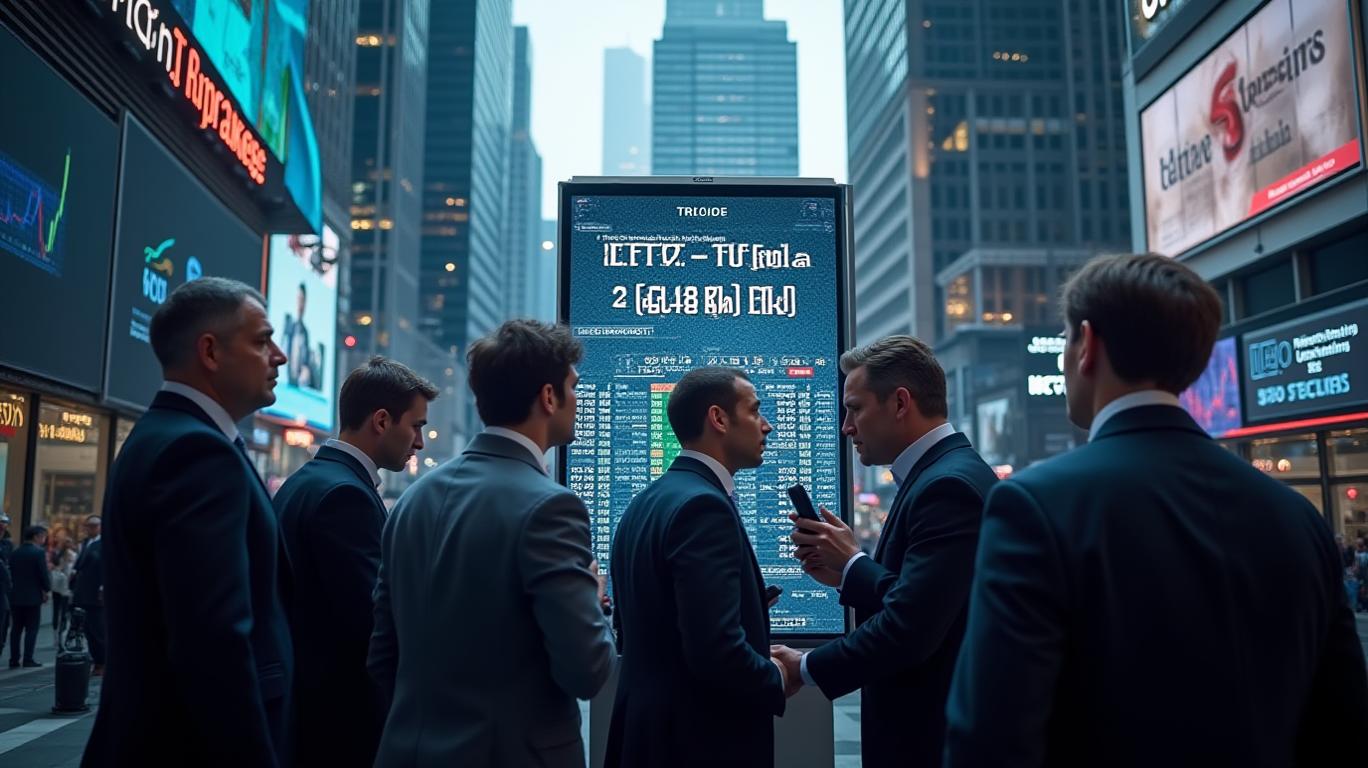Bitcoin ETFs See $218M Outflows Amid Trump Tariff Uncertainty
Bitcoin ETFs have experienced significant outflows this week, totaling $218 million, as investors adopt a cautious stance ahead of President Trump’s anticipated tariff announcement. This trend reflects a broader sentiment of uncertainty and risk aversion among institutional investors, who are strategically reducing their exposure to Bitcoin in favor of more traditional safe-haven assets like gold.
Major funds such as BitwiseETHW-- and ArkARKW-- Invest have seen notable net outflows, while BlackRock’s IBIT managed to record positive flows during this period. The outflows began on Monday, with significant withdrawals totaling $60.6 million, and continued on Tuesday, reaching nearly $158 million. By April 1, even BlackRock’s IBIT reported zero flows, indicating a shift in investor sentiment towards more stable assets.
The current market sentiment is one of caution, with investors adopting a “wait-and-see” strategy as they await President Trump’s upcoming announcement. The potential for sweeping tariffs has introduced a great deal of uncertainty, leading to a pervasive sense of caution among market participants. Historically, tariff announcements have influenced Bitcoin prices, and many analysts predict increased market volatility if Trump moves forward with broad tariffs.
Institutional investors are increasingly viewing gold as a preferred safe-haven asset in times of trade conflict, according to a recent survey. This shift highlights concerns around Bitcoin’s volatility and perceived lack of liquidity during crises, which hinders its adoption as a safe-haven asset. As a result, many investors are strategically reallocating their assets, preferring gold over Bitcoin as a safe haven option.
Despite the current challenges in attracting institutional safe-haven flows, Bitcoin’s long-term narrative remains unscathed. The quantity of Bitcoin on exchanges has plummeted to just 7.53%, marking the lowest level observed since February 2018. This decrease in supply on exchanges typically denotes that holders are not inclined to sell, signaling greater long-term confidence among investors.
In summary, the current landscape for Bitcoin ETFs indicates substantial outflows driven by investor caution ahead of pivotal economic announcements. As institutional players reassess their strategies, favoring traditional safe-haven assets like gold, Bitcoin’s long-term prospects remain intact due to reduced supply on exchanges. Market participants should continue to monitor developments closely, especially as further announcements may have significant implications for both the cryptocurrency and broader financial markets.

Quickly understand the history and background of various well-known coins
Latest Articles
Stay ahead of the market.
Get curated U.S. market news, insights and key dates delivered to your inbox.

Comments
No comments yet